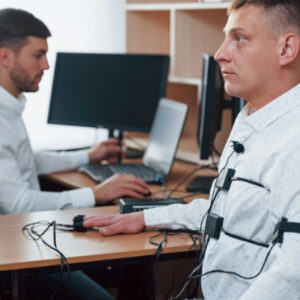
Heart disease and Diabetes
Heart disease and diabetes are closely interconnected, with diabetes significantly increasing the risk of developing heart disease. Here are the key points summarizing this relationship: 1.Increased Risk of Heart Disease: People with diabetes are 2 to 4 times more likely to develop cardiovascular disease compared to those without diabetes The




